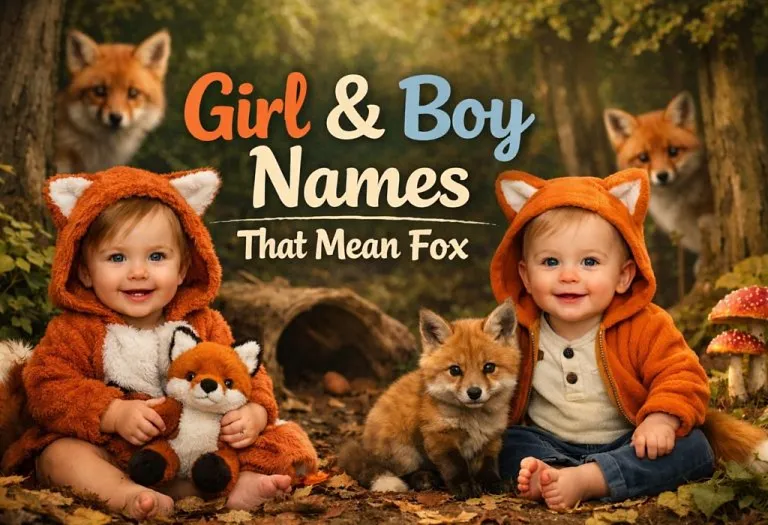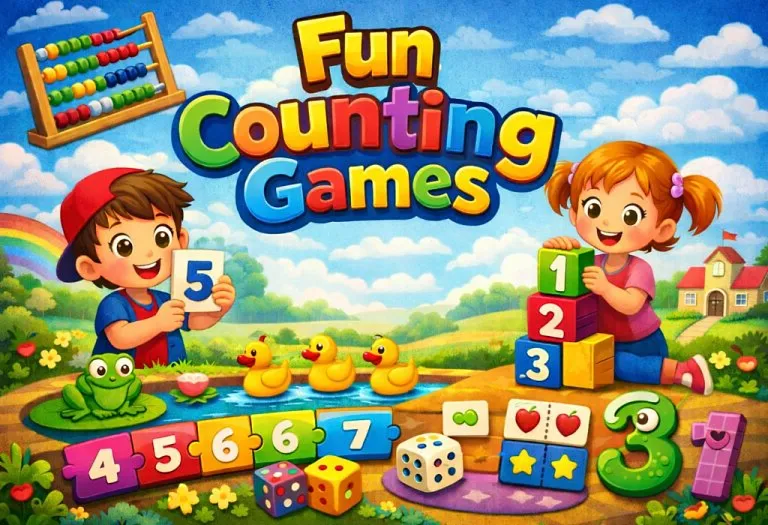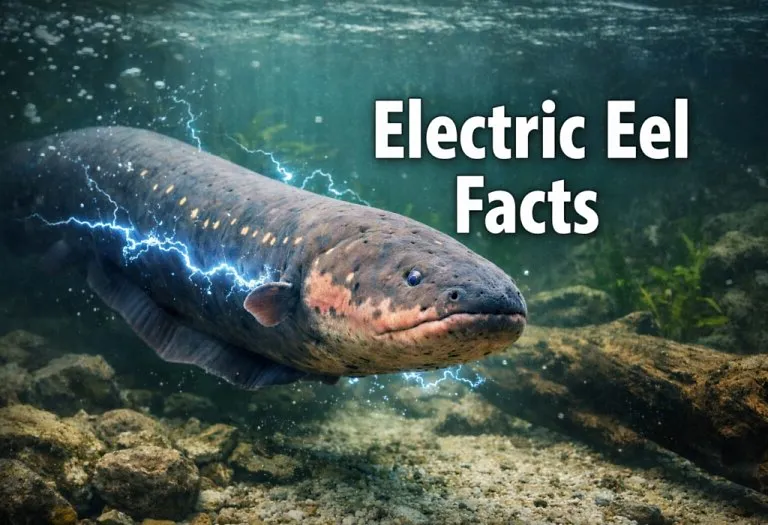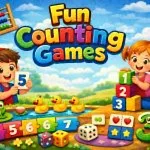Verbs That Start With G in English (With Meanings & Examples)
Welcome to our warm and inviting exploration of verbs that start with G in English, a comprehensive guide crafted exceptionally for the curious minds of preschoolers and kids. Embarking on this linguistic journey promises to enrich vocabulary for kids and ignite a spark of enthusiasm towards the enchanting world of words. Verbs are the action stars in the sentences, bringing life and motion to our thoughts and stories. As we dive into this carefully curated list, we aim to provide an engaging and easy-to-understand verbs that start with G for preschoolers and kids. Whether you’re a teacher looking for classroom inspiration or a parent aiming to support your child’s language development at home, you’ve found your starting point. Let’s discover the magic that unfolds with verbs beginning with the letter ‘G’, making each learning moment enjoyable and memorable for preschoolers and kids.
What Are the Verbs Beginning With G?
Verbs starting with G encompass many actions, states, and occurrences, forming a significant part of our daily vocabulary. These “verbs with G” range from simple, everyday actions to more complex processes and emotions, offering a rich tapestry of linguistic possibilities. Whether expressing movement, change, or a state of being, each verb beginning with the letter ‘G’ adds a unique flavour and depth to our conversations and writings, making them an essential English language component.
Common Verbs Starting With G
Diving into the realm of English verbs, starting with G, unveils a fascinating world of action and expression. These verbs enrich our vocabulary and enhance our ability to communicate with precision and creativity. From gestures of kindness to expressions of growth, each verb has a unique meaning and application. Let’s explore 15 common verbs that start with the letter ‘G,’ delving into their meanings and illustrating their use with examples. This journey promises to be an enlightening part of our linguistic adventure, perfect for learners of all ages.
1. Gather
To collect or bring together from various sources.
Example: Gather your toys before we leave the house.
2. Give
To present voluntarily without expecting anything in return.
Example: Please give the book to your brother after you finish reading it.
3. Grow
To increase in size, amount, or intensity over time.
Example: The plant will grow if you water it regularly.
4. Guide
To lead or direct in a way; to influence the course of action.
Example: The teacher will guide us through the experiment.
5. Grasp
To seize and hold firmly, to understand something fully.
Example: Try to grasp the rope as tightly as you can.
6. Glance
To take a quick or brief look.
Example: He would often glance at the clock during class.
7. Generate
To produce or create something.
Example: This exercise will generate a lot of creative ideas.
8. Greet
To address with expressions of kind wishes or recognition.
Example: Remember to greet your teacher when you enter the classroom.
9. Grind
To reduce to small particles by crushing or cutting.
Example: You need to grind the coffee beans before brewing.
10. Guarantee
To promise a specific outcome or condition; to ensure.
Example: The company guarantees satisfaction with their products.
11. Guess
To estimate or suppose something without sufficient information to be sure.
Example: Can you guess how many candies are in the jar?
12. Glide
To move smoothly, steadily, and effortlessly.
Example: The skater will glide across the ice with ease.
13. Gloat
To think about something with triumphant and often malicious satisfaction.
Example: He tried not to gloat after winning the game.
14. Grant
To give or allow something as a favour or privilege.
Example: The teacher decided to grant us an extra day to finish the project.
15. Guard
To protect or watch over to prevent harm or danger.
Example: The security guard will guard the entrance during the event.
Each of these verbs, beginning with ‘G’, opens up new avenues for expression and understanding, making them invaluable tools in our language learning and communication journey.
Action Verbs That Start With G
Action or dynamic verbs depict actions, activities, or processes. When we explore action verbs starting with G, we discover a vibrant collection of words encapsulating various actions and movements. These verbs add vividness and energy to our language, enabling us to describe actions with precision and enthusiasm. Let’s delve into 15 action verbs beginning with the letter ‘G,’ each with its unique meaning and illustrated with example sentences.
1. Gallivant
To wander around in search of excitement.
Example: After finishing his exams, he decided to gallivant around Europe for a few weeks.
2. Gallop
To run rapidly, often with a bounding or leaping motion.
Example: The horse began to gallop across the open field.
3. Galvanise
To shock or excite someone into taking action.
Example: The inspiring speech will galvanise the audience to make a difference.
4. Gamble
To play games of chance for money or take risky actions.
Example: He decided to gamble at the casino for the first time.
5. Gaze
To fix one’s eyes on something intently and steadily.
Example: They would gaze at the stars on a clear night.
6. Gesture
To express oneself through physical movements or signs.
Example: He would gesture with his hands to emphasise his point.
7. Glare
To stare angrily or fiercely.
Example: She would glare at him when he arrived late.
8. Gloze
To explain something unpleasant by using misleading language.
Example: The politician tried to gloze over his past mistakes during the debate.
9. Grin
To smile broadly, often showing the teeth.
Example: She couldn’t help but grin when she saw the surprise.
10. Grind
To crush or pulverise something into small particles.
Example: You need to grind the spices to prepare the seasoning.
11. Groan
To make a low, moaning sound, often expressing pain or discomfort.
Example: He would groan in agony after a strenuous workout.
12. Grumble
To complain or express dissatisfaction in a low, murmuring manner.
Example: He would often grumble about his long commute to work.
13. Grutch
To complain about something in a persistent manner.
Example: He would often grutch about his workload, even though it was not excessive.
14. Gulp
To swallow something quickly and audibly.
Example: She had to gulp down her medicine despite the unpleasant taste.
15. Guzzle
To drink greedily or in large quantities.
Example: The thirsty hiker would guzzle the cool water from his canteen.
These action verbs, starting with ‘G’, infuse our language with energy, allowing us to describe various activities and processes vividly. They play a crucial role in storytelling and communication, adding depth and colour to our words.
Positive Verbs That Start With G
In language, positivity shines as a beacon of hope and encouragement. When we explore positive verbs that start with G, we uncover a treasure trove of words that uplift spirits and inspire optimism. These verbs convey actions and infuse them with a sense of well-being and goodness. Let’s embark on a journey through 15 positive verbs beginning with the letter ‘G,’ each with its unique meaning, and let’s illuminate them with example sentences that radiate positivity.
1. Gain
To achieve progress or acquire something valuable.
Example: She worked hard to gain the trust of her colleagues.
2. Gallant
To be brave or chivalrous.
Example: He gallantly offered his seat to the elderly lady on the bus.
3. Galliard
To be lively and bold.
Example: She approached the challenge with a galliard attitude.
4. Galore
In abundance or plentiful supply.
Example: The party had delicious food and fun games galore.
5. Generosity
To act with a kind and giving nature.
Example: Their generosity in helping others was truly admirable.
6. Gift
To give someone something as a present or token of affection.
Example: She would gift handmade cards to her friends on special occasions.
7. Gladden
To make someone feel happy.
Example: The surprise gift would gladden her heart.
8. Gleam
To shine brightly.
Example: The polished silverware gleamed in the candlelight.
9. Gleek
To joke mischievously.
Example: They gleeked about their shared experiences, reminiscing about old times.
10. Glisten
To shine with a sparkling, radiant quality.
Example: The morning dew would glisten on the grass.
11. Gloam
To begin to be dark.
Example: The garden was a peaceful place to gloam in the evening.
12. Glorify
To praise and honour with great admiration.
Example: The artist’s work would glorify the beauty of nature.
13. Glow
To emit a steady light, often associated with happiness or warmth.
Example: The candles on the cake began to glow as we sang “Happy Birthday.”
14. Grace
To bestow with elegance and beauty.
Example: Her presence would grace any event with charm.
15. Gratitude
To express appreciation and thankfulness.
Example: His gratitude towards his supporters was evident in his heartfelt speech.
These positive verbs, starting with ‘G’, describe actions and bring forth the goodness and joy associated with them. They can inspire and uplift, making them essential in everyday conversations and expressions of gratitude and positivity.
More Verbs That Begin With G
Our exploration of verbs that begin with ‘G’ continues as we delve into an extensive list of 50 additional verbs that have yet to be covered in the previous sections. These verbs add depth and variety to our vocabulary, enabling us to express various actions, emotions, and states of being. Let’s discover these verbs in a tabular format, making their meanings and usage easy to grasp.
| Verbs | ||
| Garnish | Giggle | Grouse |
| Gallivat | Gild | Grovel |
| Gazump | Gird | Grub |
| Gainsay | Glamorise | Grunt |
| Gape | Glimmer | Guffaw |
| Gargle | Glisten | Guzzle |
| Garner | Glitter | Gyrating |
| Garrulous | Glower | Gyve |
| Gash | Glue | Guddle |
| Gasp | Gnash | Gurn |
| Gauge | Goad | Gunge |
| Gawk | Gossip | Germinate |
| Gelatinise | Graffitise | Gracile |
| Generate | Grapple | Geck |
| Gesticulate | Grip | Gliff |
| Get | Grill | Gargantuate |
| Gibe | Graze | |
FAQs
1. Are these verbs suitable for kids and preschoolers?
Absolutely! These verbs have been carefully selected to ensure they are age-appropriate and easy for kids and preschoolers to understand and use in their daily language.
2. How can I help my child learn these verbs effectively?
One of the most effective ways is to incorporate these verbs into everyday activities and storytelling. Please encourage your child to use them in sentences and make learning fun through games and interactive activities.
Also, Discover the Verbs That Start With A to Z
| Aspire | Nurture |
| Bloom | Overcome |
| Collaborate | Prosper |
| Discover | Quicken |
| Embrace | Radiate |
| Flourish | Soar |
| Grow | Triumph |
| Harmonise | Unite |
| Innovate | Venture |
| Journey | Wonder |
| Kibitz | Xcel |
| Liberate | Yearn |
| Manifest | Zeal |
In exploring verbs that start with G in English, we have embarked on a linguistic journey filled with positivity, action, and creativity. These verbs empower us to express ourselves more vividly and intensely connect with others. Whether you’re a young learner, a parent, or an educator, these verbs offer a delightful gateway to enhancing vocabulary and fostering a lifelong love for language. So, let’s continue to embrace the magic of words, one ‘G’ verb at a time, and allow them to inspire us to communicate with warmth, depth, and engagement.
Also Read: Verbs That Start With A to Z
| A | B | C | D | E | F | G | H | I | J | K | L | M |
| N | O | P | Q | R | S | T | U | V | W | X | Y | Z |
Was This Article Helpful?
Parenting is a huge responsibility, for you as a caregiver, but also for us as a parenting content platform. We understand that and take our responsibility of creating credible content seriously. FirstCry Parenting articles are written and published only after extensive research using factually sound references to deliver quality content that is accurate, validated by experts, and completely reliable. To understand how we go about creating content that is credible, read our editorial policy here.





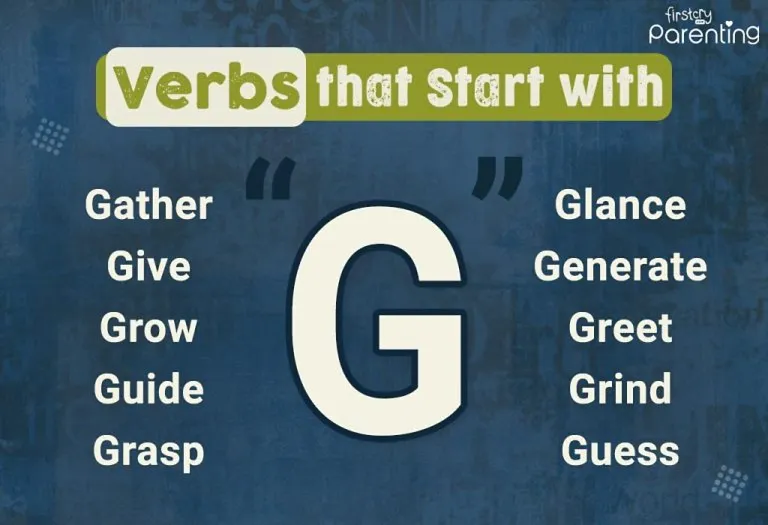
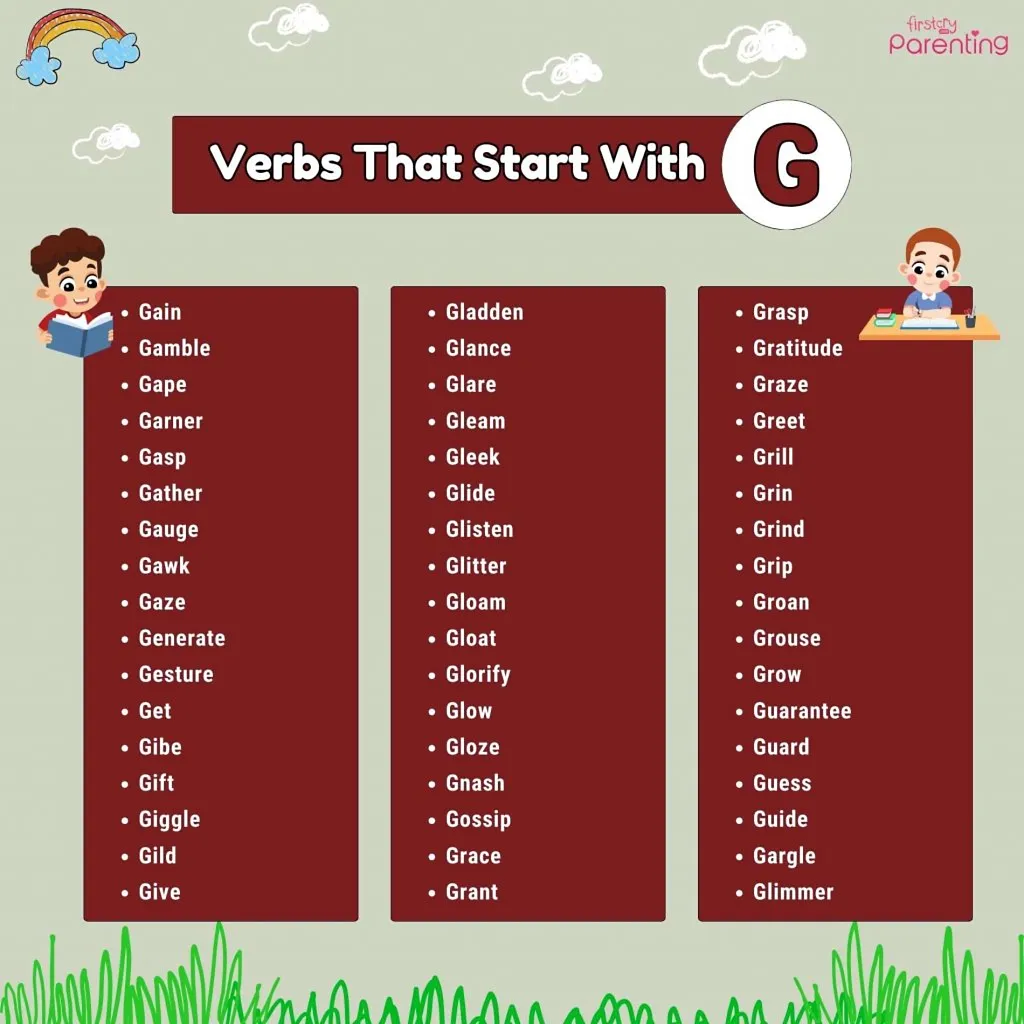
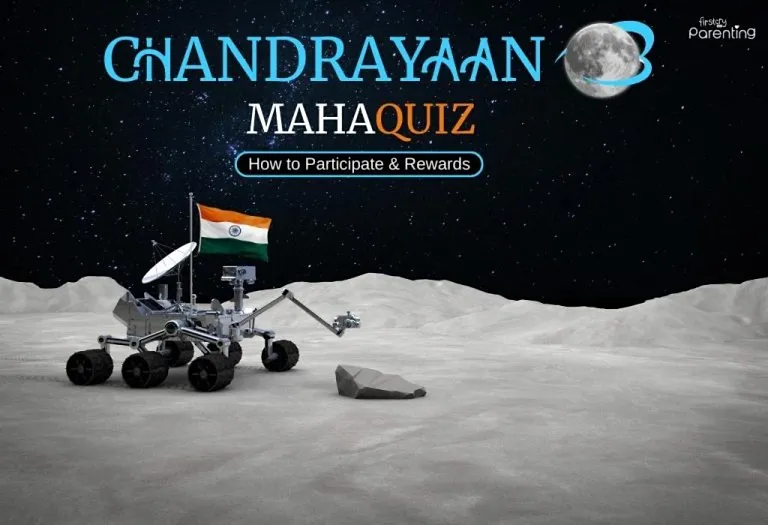
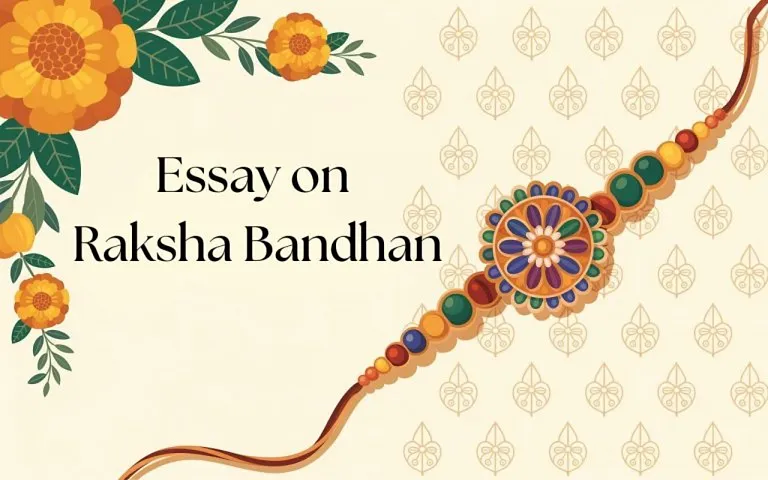
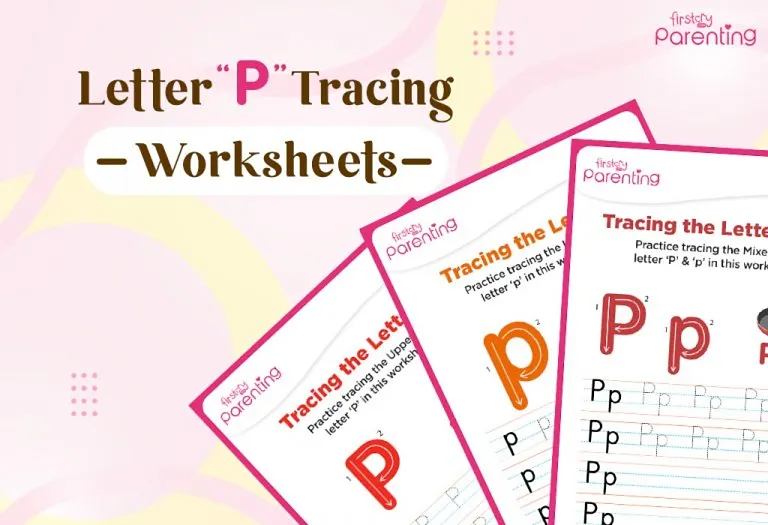
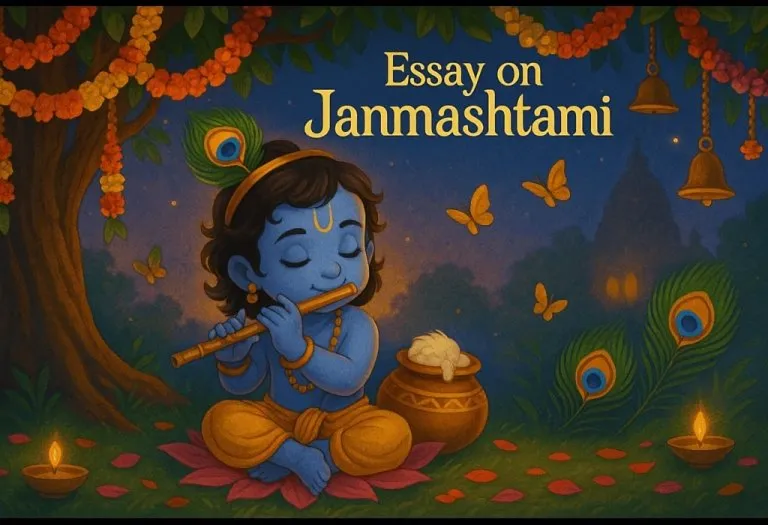
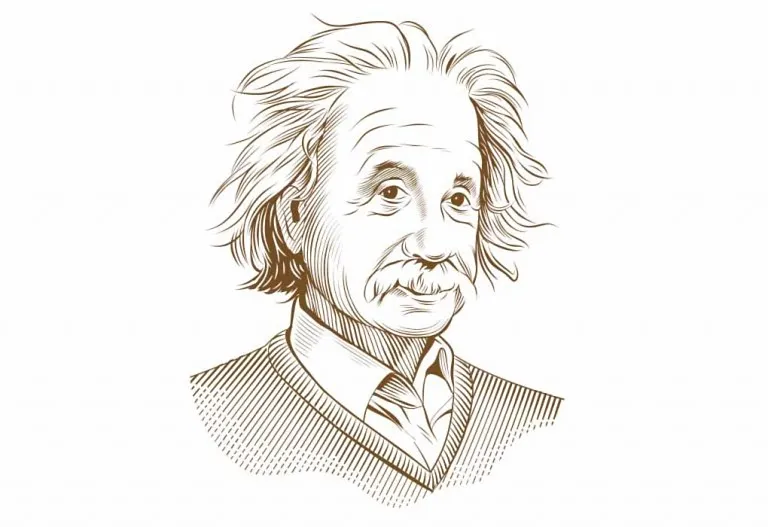


.svg)







